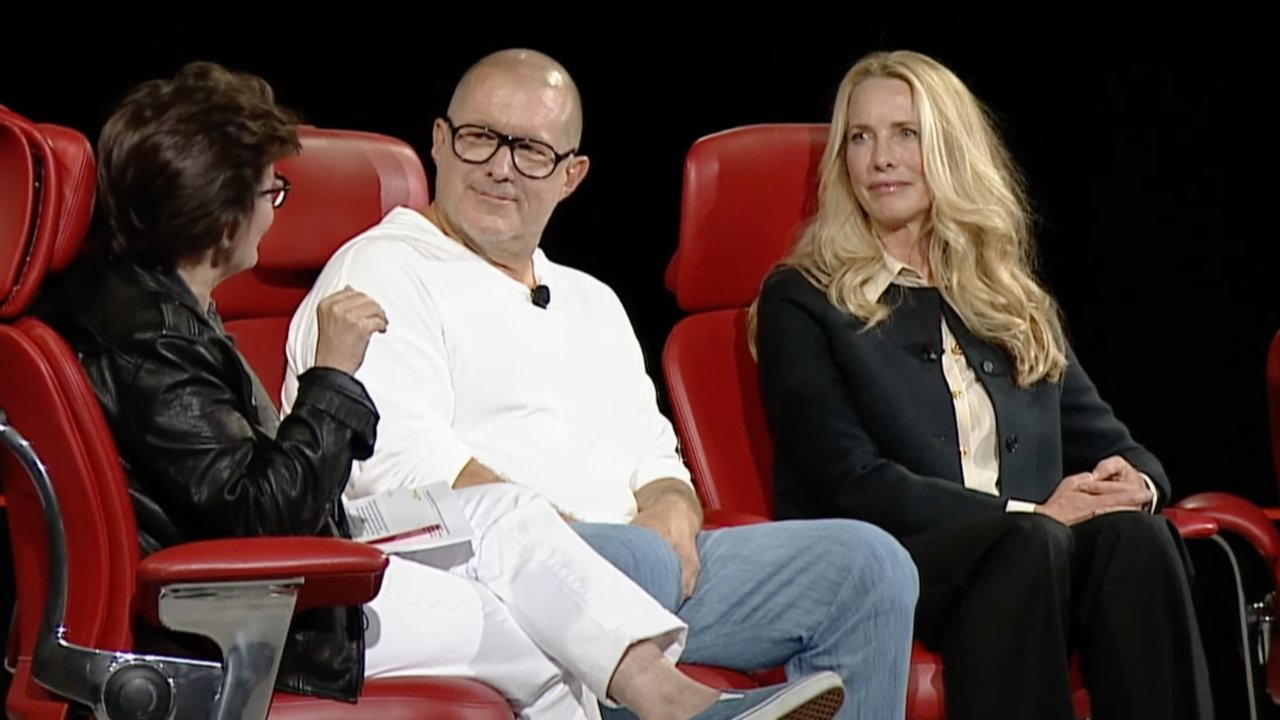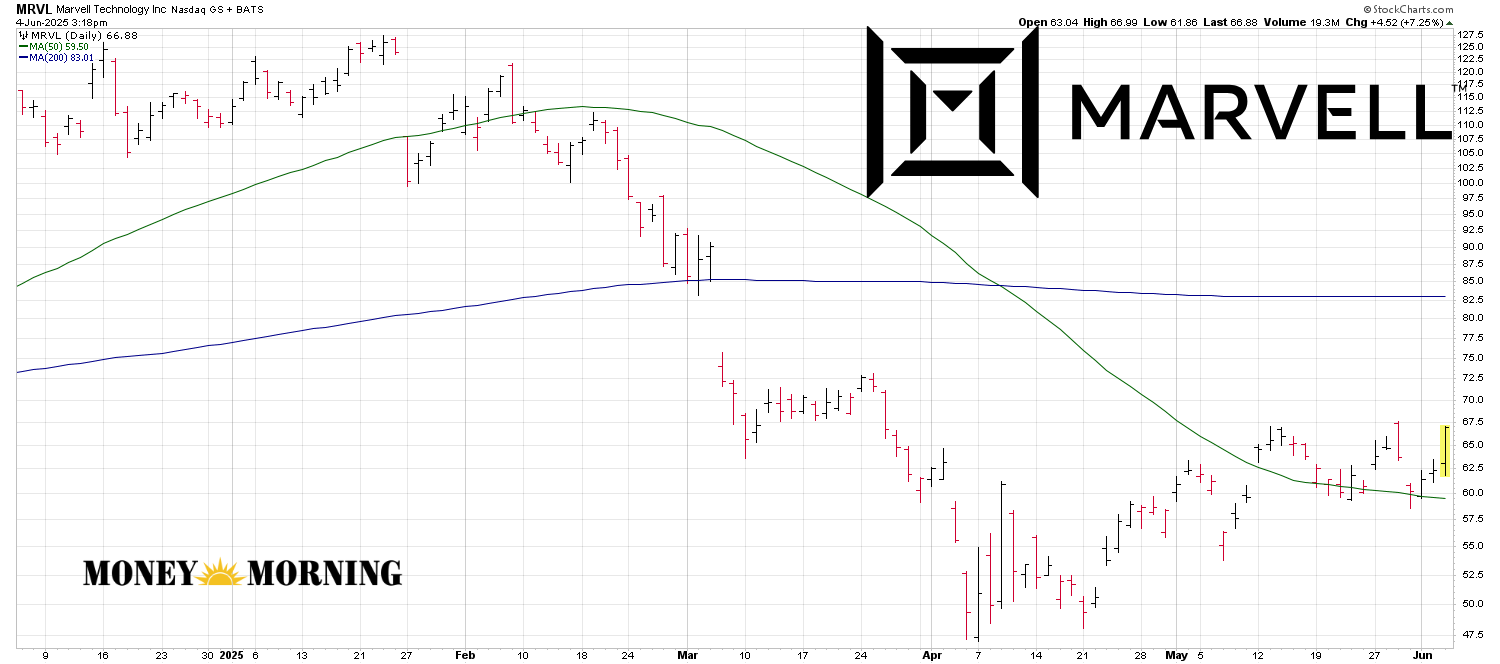Designer Babies on the Horizon? New IVF Tech Sparks Ethical Debate in South Africa

A groundbreaking new technology is sending ripples through the medical and ethical communities, particularly here in South Africa. US-based company Nucleus Genomics has unveiled genetic optimization software designed to be used alongside In Vitro Fertilization (IVF), potentially allowing parents to influence certain traits of their future child. But is this a step too far? Let's break down what this technology is, how it works, and the significant ethical considerations it raises.
What is Nucleus Genomics' Genetic Optimization Software?
Essentially, the software analyzes the genetic makeup of embryos created through IVF. It identifies genes associated with various traits – things like eye colour, height, and even predisposition to certain diseases. The software then presents parents with a ranked list of embryos, highlighting their genetic strengths and potential weaknesses. This allows parents, in consultation with their fertility specialists, to make informed decisions about which embryo to implant.
How Does it Work?
The process involves several steps. First, eggs and sperm are fertilized in a laboratory setting, creating multiple embryos. Next, a small sample of cells is extracted from each embryo – a process called preimplantation genetic testing (PGT). This sample is then analyzed to map the embryo's genome. Nucleus Genomics' software then takes this genetic data and compares it against a vast database of known gene-trait associations. Finally, the software generates a report for the parents, offering insights into the potential characteristics of each embryo.
The South African Context: Legal and Ethical Landscape
The introduction of this technology raises complex legal and ethical questions, particularly within the South African context. Our country has a strong emphasis on human dignity and equality, enshrined in our Constitution. The potential for genetic selection raises concerns about discrimination and the creation of a 'genetic divide' – where those with access to this technology can afford to 'design' their children, while others cannot.
Currently, South Africa's legislation surrounding IVF and genetic testing is somewhat limited. While PGT is permitted for detecting serious genetic diseases, the use of genetic selection based on non-medical traits is a grey area. Experts are calling for a robust public debate and potentially new legislation to address the ethical implications of this emerging technology.
Ethical Concerns: Beyond the Science
Beyond the legal framework, there are deeper ethical considerations. Some argue that allowing parents to select traits commodifies children, reducing them to a product of parental desires. Others worry about the potential for unintended consequences – for example, selecting against certain genes could inadvertently reduce genetic diversity within the population.
Furthermore, the technology is not foolproof. Genetic expression is incredibly complex, and genes don't always behave as predicted. There's a risk that parents could be misled into believing they can guarantee certain traits, leading to disappointment and unrealistic expectations.
The Future of IVF and Genetic Selection
Nucleus Genomics' technology is just one example of the rapidly evolving field of reproductive genetics. As our understanding of the human genome deepens, we can expect to see even more sophisticated tools emerge. The challenge will be to harness the potential benefits of these technologies – such as preventing genetic diseases – while safeguarding against the ethical risks.
The conversation around genetic optimization is just beginning, and it's crucial that South Africans engage in this debate to shape the future of reproductive healthcare in our country. What are your thoughts on this groundbreaking technology? Share your opinions in the comments below.






